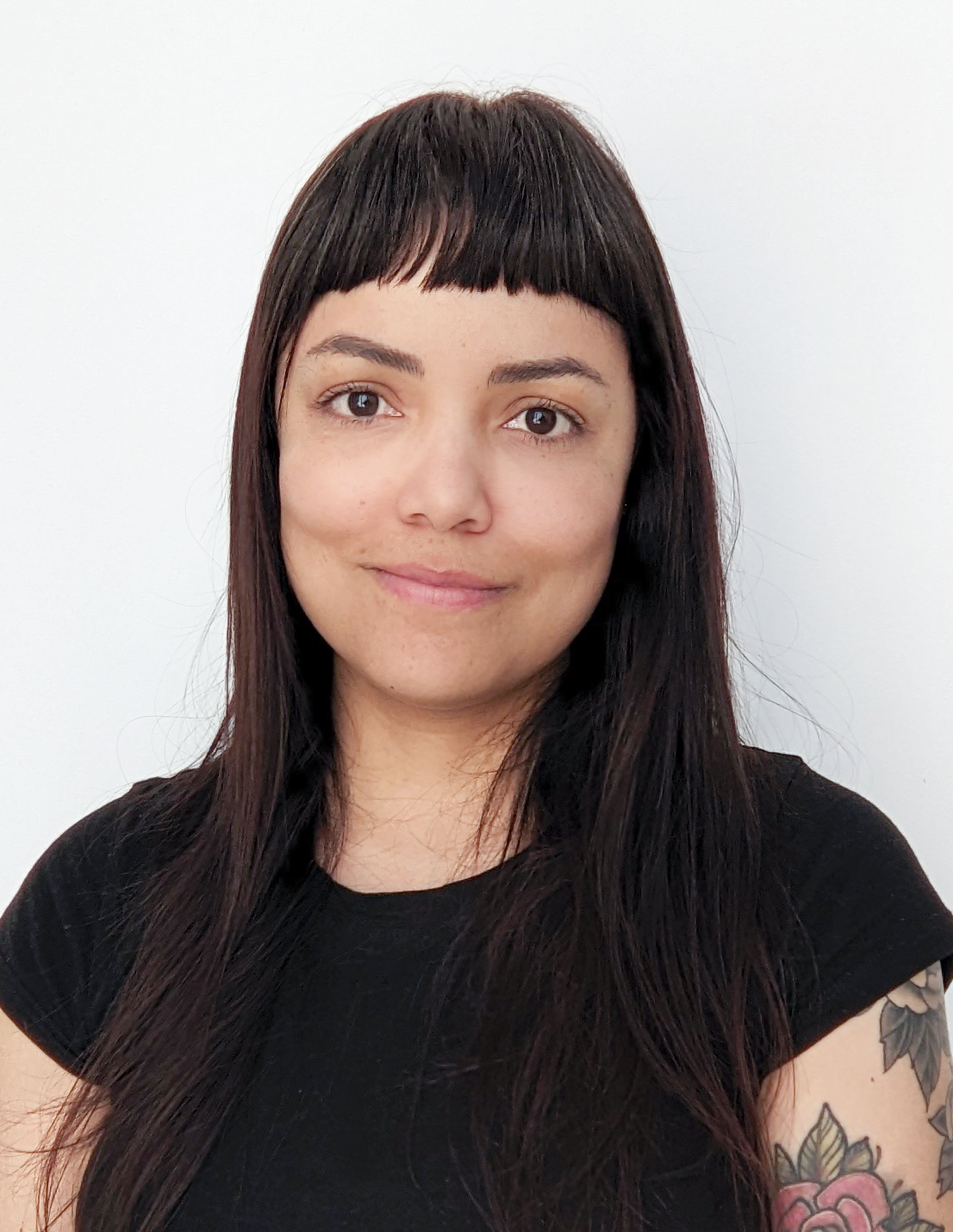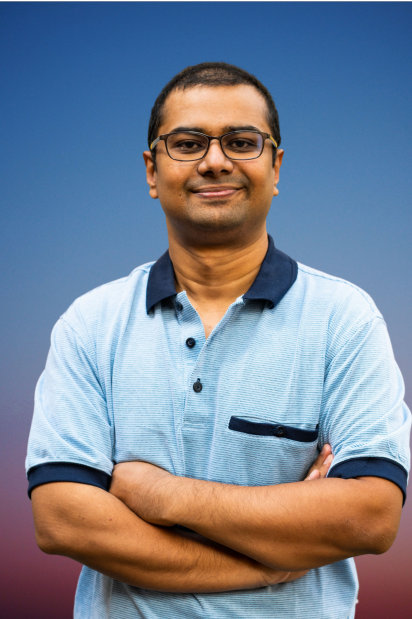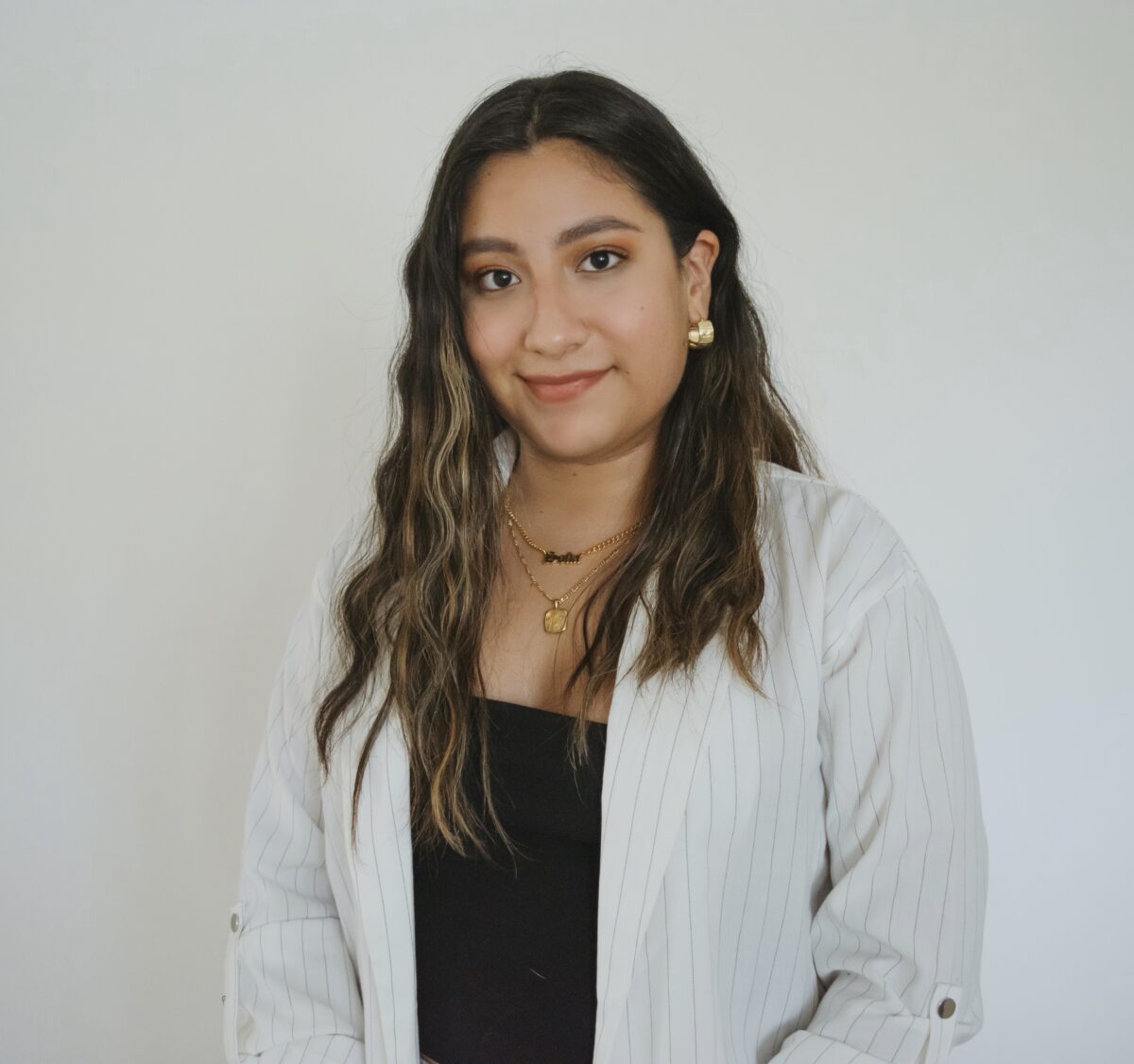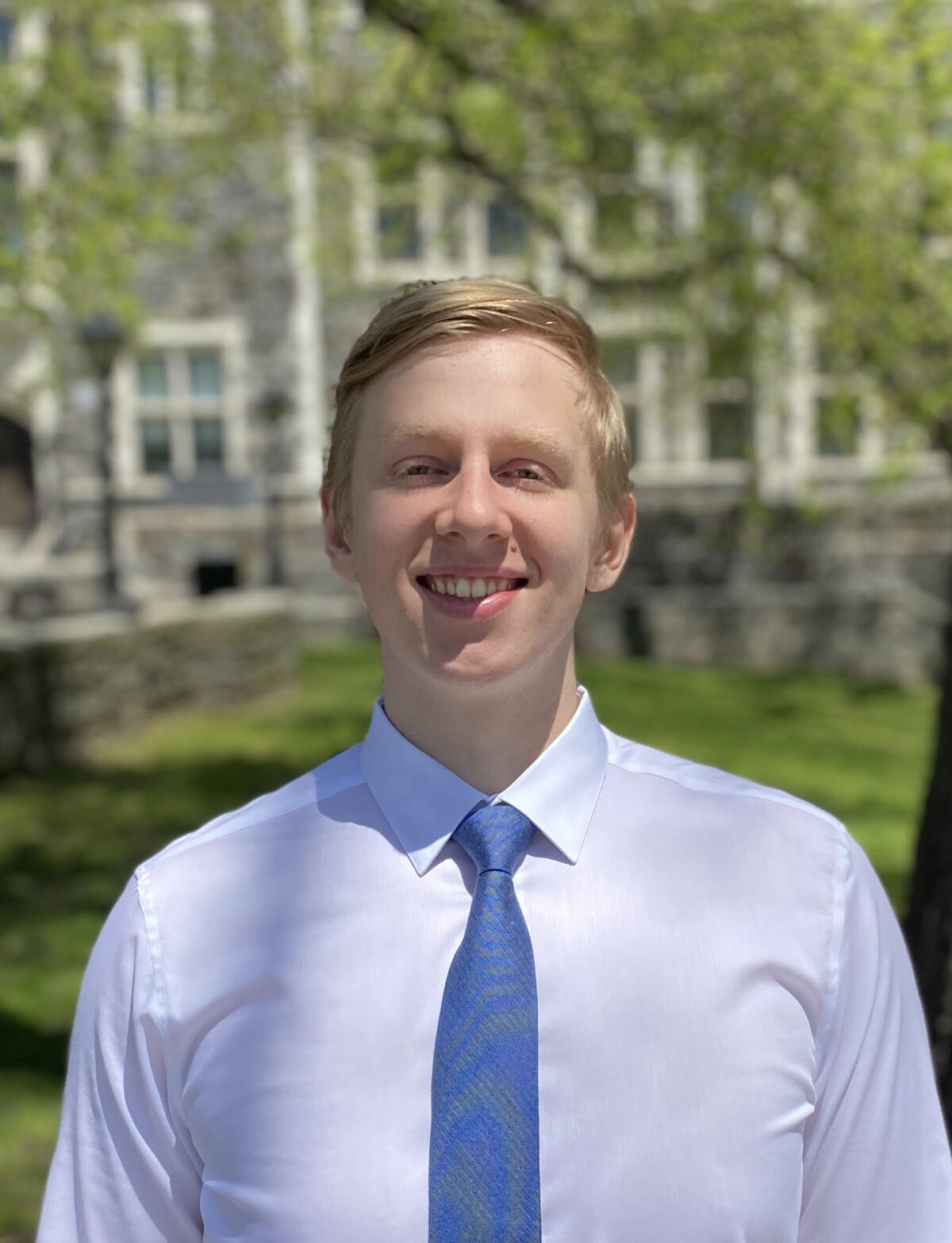Clement has always been passionate about entrepreneurship and innovation. He studied engineering, mathematics and physics in one of the top five engineering universities in France.
He first worked as commissioning manager for steel furnaces then move to project manager for the automotive and railway industry. He gained real on-site experience with technical challenges and grow his expertise in team management and project management. He worked in total four years on projects in India, Thailand and France and finished with the Delhi Metro subway project.
In 2014 Clement started his own company, initially brought into Singapore after raising USD 50k from an angel to kick-start the company. He subsequently raised another USD 450k from a group of early-stage investors including 500 Startups. Over four years, Clement grew the team to 8 people and sales to SGD 30k per month.
Late 2018, Clement signed up the ENGIE Factory for whom he delivered a turnkey business in the electric mobility industry. Over 8 months, he built the foundations of a business that received approval by the ENGIE Factory.
APAC board of directors for an investment of SGD 300k. The business was handed over to ENGIE mid-2019 after Clement assisted to bring in a team to take the business forward.
What’s the story behind Jumanji Studio?
Back in 2018, strengthened by a first startup experience I grow for 4 years up to $30k in revenue to finally see it closing for some fund-raising issues, I decided to research and explore how we could make entrepreneurship easier for entrepreneurs.
VCs are diversifying their portfolio to secure their LPs and themselves, why Entrepreneurs don’t? Starting researching in this direction I discovered that many consulting companies where doing entrepreneurial ventures on the side to occupy their staff when there are no contracts. They were creating studios of startup creation. I got this image of a factory of startups and decided to explore and network more in this direction.
In the meantime, some serial entrepreneurs who exited successfully were more and more launching VCs kind of studio where they invested and helped entrepreneurs. It gave me the impression that the world of entrepreneurs and investors was going to get closer and closer and maybe merge into a new form of entrepreneurship. “Startups Studios” the word started to resonate with a lot of people around the world and the Global Startup Studio Network even started to gather all the pioneers in this domain.
While expanding my network in this space, I also worked on finding my own purpose in life or at least tried to re-discover it after a lot of personal investment in a startup that finally stopped. This is when I shifted personally to wanting to do more good and reminded myself how much I wanted to work in the sustainable energies when I had just graduated from my master degree in engineering.
After a few months and meetups, the true story of Jumanji Studio really started. Maximilien Masson and I met at RISE conference in Hong Kong and we had the same vision and ideas, we wanted to start a startup studio and we wanted to do good.
Excited, we started drafting some strategies and structures and finally concluded we needed a first project to work together on and get time to fine tune our vision and strategy. We then sold a venture project to ENGIE Factory in Singapore for which the goal was to create a business unit in collaboration with ENGIE traditional expertise and leveraging their assets, clients and expertises to tackle the mobility challenges. It was a really successful project that Maximilien and I worked together on and finally handed over to a newly hired team to grow the new startup.
While Maximilien and I started working together on this project, we were puting together the base of what could Jumanji Studio be but it really took shape after we met Valerian Fauvel who joined as the third co-founder and brought all his experiences of 8 years in the impact investment space as a partner in the first Impact VC firm in Asia. The three of us then really spent time on figuring out what is now the structure, strategy, mission and vision of Jumanji Studio. This took us several months to structure it in a dense business plan that Valerian would challenge with many of his fellow impact investors before we decided to open Jumanji Studio capital to them in order to focus more on “home grown” startups (Startups for which we came up with the idea, tested, validated them and launch them with amazing entrepreneurs we would hire).
What was the most difficult part of your experience in the early beginnings?
So far with Jumanji Studio we have been quite lucky and never really faced any major challenges, the benefits of the studio model are that we can be flexible and adapt our resources to prevent any challenges to grow too much and patch any issues at the source.
What are you most proud of regarding your business?
To be honest, I am really proud of the team of entrepreneurs that we form together with my co-founders in all our ventures, they are amazing, passionate, dedicated to have a positive impact and we are all working super hard to make this ventures and hopes real. Laura, Morgane, Roxane, Linh, Najla, Max and Val are the strengths of Jumanji’s galaxie. In 2 years, all together we built 5 startups and we already started to have a positive impact on social entrepreneurs, consumers and foodies!
What is your vision for the future of Jumanji Studio?
We like to say at Jumanji Studio that we are in the business of building businesses or that we are a factory for impact startups. We want to enable more people to start their businesses with less hassle, we feel that the model of a studio is one solution, masterclasses could be another one and we will explore more potential solutions to create more positive impact through entrepreneurship.
What’s your advice for the businesses that are trying to adapt to this economic climate?
The importance in any business is to not lose contact and understanding of its customers. In this economic climate, I recommend to any business owner to keep focusing on understanding and getting close to their customers needs and expectations. It is easy to let them go farer and farer and get isolated by the new regulations and measures to fight the COVID-19 but they need to stay close to their customers in order to understand how their needs change. In that way they will be able to adapt their operations, business model or communication to keep providing value to their customers. Where there is value there is business and where there is business there are opportunities for positive impact.
What books do you have on your nightstand?
My recent favorite book is: “Loonshots: How to Nurture the Crazy Ideas” from Safi Bahcall.
Otherwise I like to read theater plays or classics the one I am currently reading is “la volonté de puissance de Nietzsche” / “The will power” by Nietzsche.
Because of the current economic climate our publication has started a series of discussions with professional individuals meant to engage our readers with relevant companies and their representatives in order to discuss their involvement, what challenges they have had in the past and what they are looking forward to in the future. This sequence aims to present a series of experiences, recent developments, changes and downsides in terms of their business areas, as well as their goals, values, career history, the high-impact success outcomes and achievements.




